Germany and the United Kingdom have sounded a clear alarm over the escalating menace posed by Russian and Chinese reconnaissance satellites, which are being repeatedly spotted engaging in espionage and interference with Western-operated spacecraft.
Recent weeks have seen officials from both nations sepak out on frequent instances of Russia stalking, jamming, and interfering with their satellites in orbit.
“Russia’s actions, especially in space, pose a fundamental threat to us all. A threat we can no longer ignore,” stated German Defence Minister Boris Pistorius at a Berlin conference in September.
The warnings come amid Russia’s full-scale invasion of Ukraine. Pistorius noted a specific, recent incident: two Russian reconnaissance satellites were tracked closely following two IntelSat satellites. IntelSat is a commercial services provider whose fleet is used by the German Armed Forces and its allies.
Pistorius further detailed the rapidly expanding capabilities of Moscow and Beijing: “Russia and China have rapidly expanded their space warfare capabilities in recent years: They can jam, blind, manipulate, or kinetically destroy satellites.”
In response, Germany announced a multi-billion-dollar funding boost for its national space programmes.
In the UK, Major General Paul Tedman, head of UK Space Command, reported that Russian satellites are not only stalking British assets but are also jamming them on a “weekly” basis.
He explained that these Russian spacecraft carry payloads that can “see our satellites and are trying to collect information from them.” While jamming is typically conducted via ground-based infrastructure, the cumulative effect is a significant threat to UK space assets.
Impact Shorts
More ShortsChina: The bigger, more opaque threat
Experts quoted by CNN stress that China presents a threat that is equally, if not more, formidable than Russia’s.
While Russia’s proximity makes its actions more pressing for Europe, analysts like Juliana Suess of the German Institute for International and Security Affairs (SWP) noted, “the much bigger space power is obviously China.”
China has demonstrated highly sophisticated maneuvers, including testing a satellite equipped with a robotic arm capable of shifting other satellites into different orbits.
CSIS analyst Clayton Swope told CNN that Beijing’s activities are very active, with objectives that are “more opaque,” often leaving Western analysts “scratching their heads.” China also possesses significantly greater resources for its space program compared to Russia, whose resources are currently “far too stretched.”
The ‘sleeper cell’ worry
Spotting a foreign satellite is easy—figuring out what it can do and what it’s trying to do is much harder.
Officials try to understand Russian satellites’ intentions by studying where they are, how close they get to other satellites, and their past behaviour. For example, if a Russian satellite stays near a European communications satellite for a long time, it’s often seen as an attempt to spy or intercept signals.
In lower orbits, some Russian satellites have even tested weapon-like systems and fired projectiles. Experts say Russia has a pattern of letting its satellites “shadow” others, almost like sleeper cells waiting to act.
This kind of activity isn’t new.
The US and France raised concerns years ago—in 2015 and 2017 — about Russian satellites watching their assets. Now, experts see the latest incidents as part of a broader pattern linked to Russia’s war in Ukraine and its growing tensions with NATO.
Europe’s response and remaining gaps
In light of the increasing threats, Germany has pledged to budget up to €35 billion ($40.2 billion) over the next five years for space projects, with procurement measures amounting to approximately €1.9 billion ($2.2 billion) in 2025 alone.
The UK also committed to increasing defense spending and is testing new sensors to detect laser threats in space.
Meanwhile, France has been advocating for the development of “bodyguard satellites”—dedicated satellites whose sole job is to protect other assets.
Ultimately, while the US retains a historic advantage in space investment, European allies plan to leverage cooperation through NATO. The alliance declared space an “operational domain” in 2019 and later announced that its collective defense principle, Article 5 (an attack on one is an attack on all), would apply to attacks in space.


)
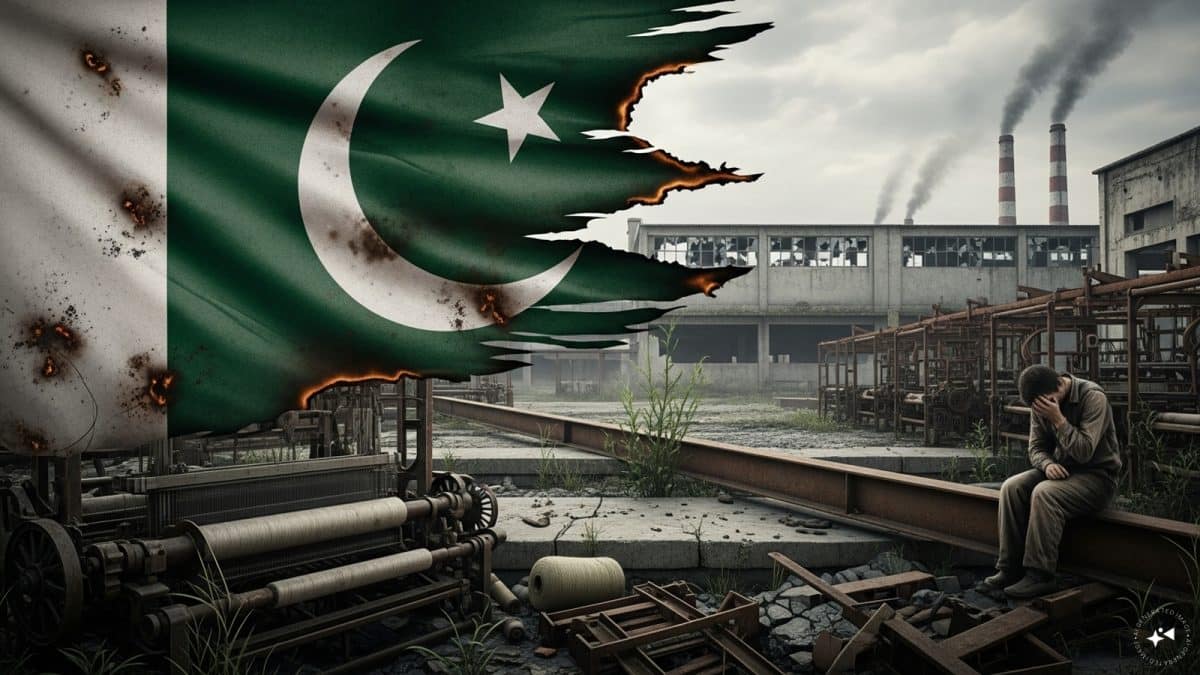
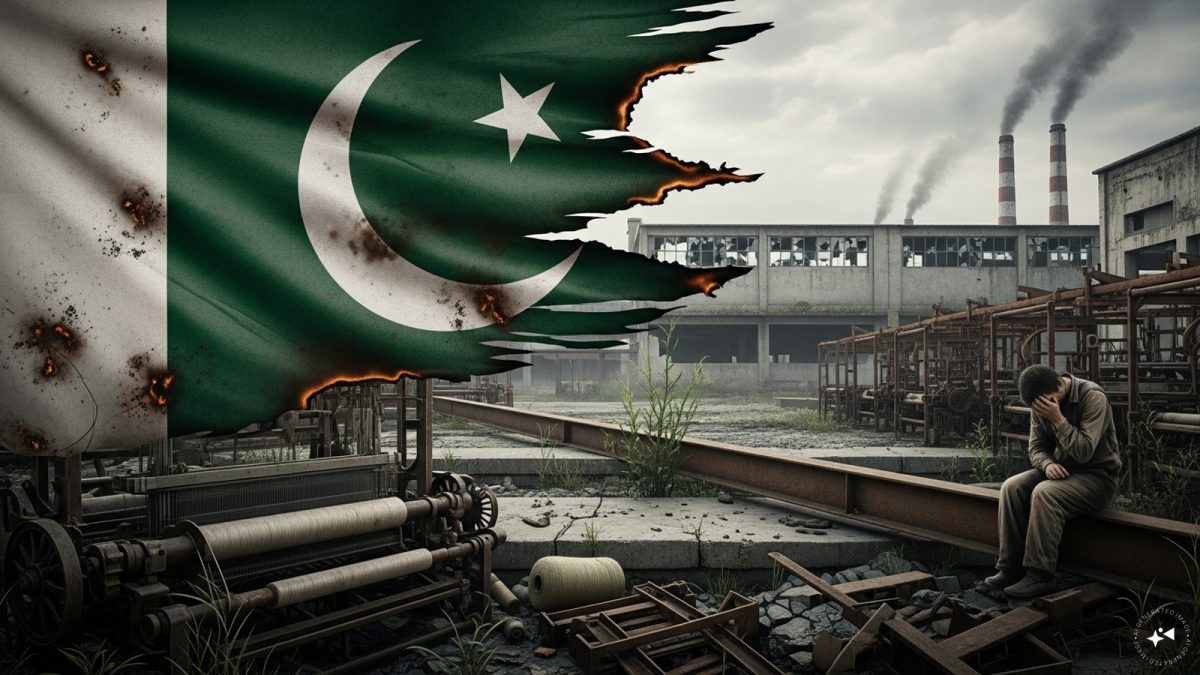)
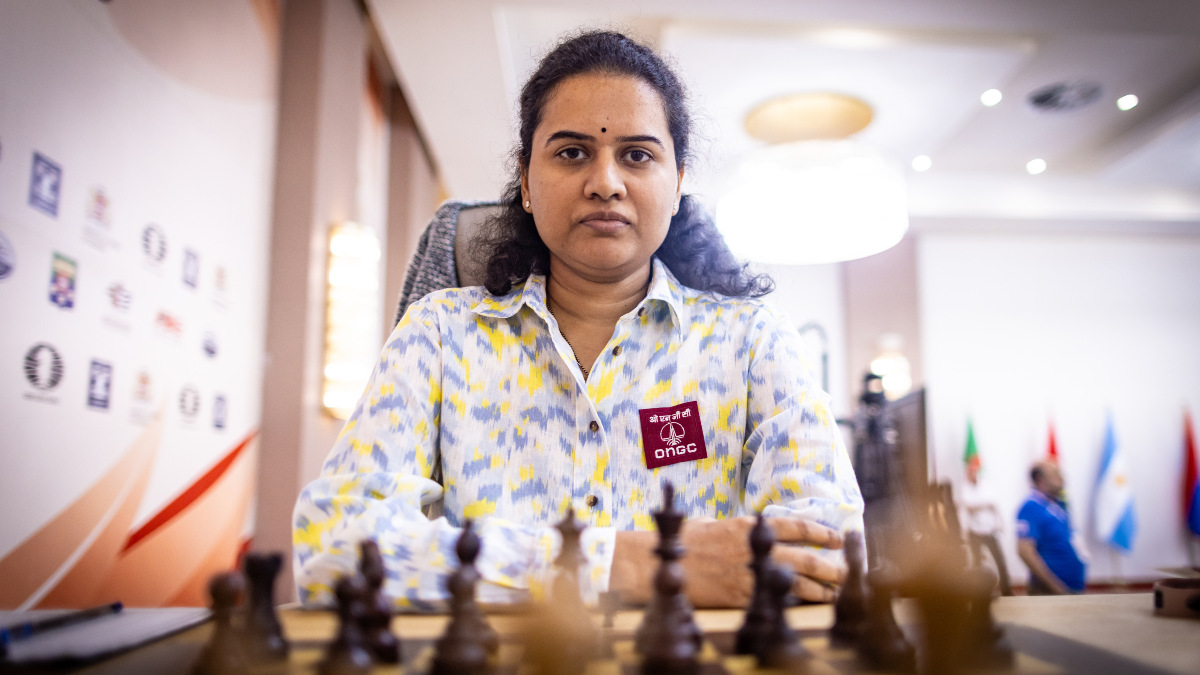)
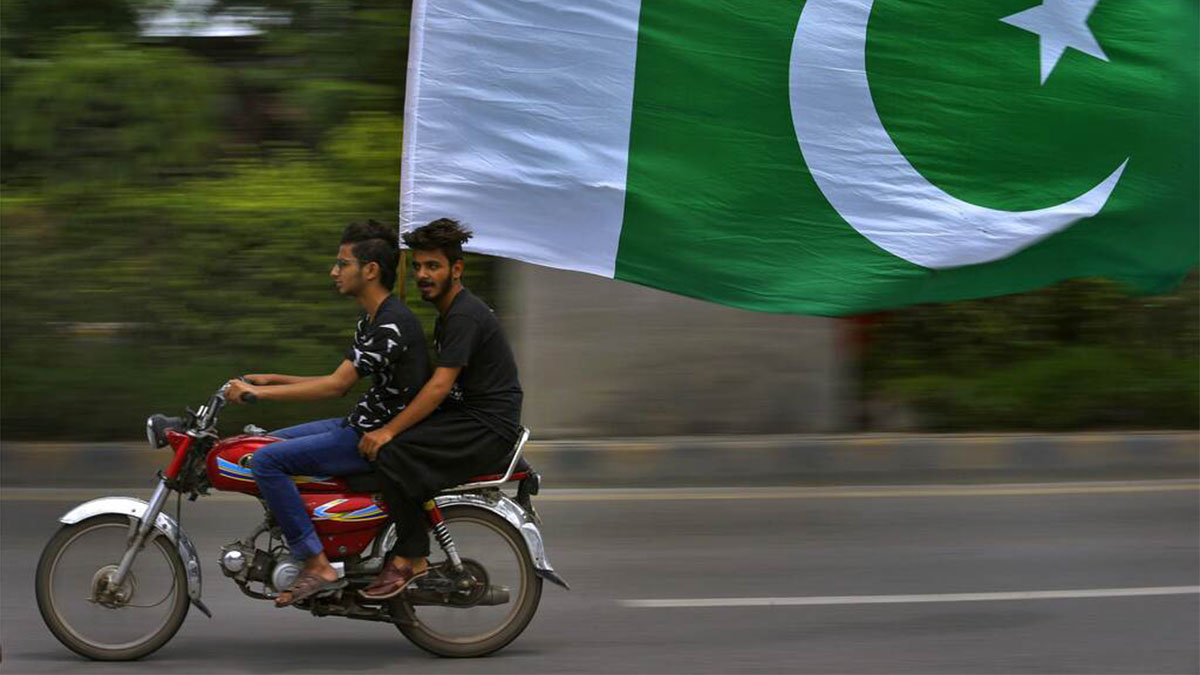)
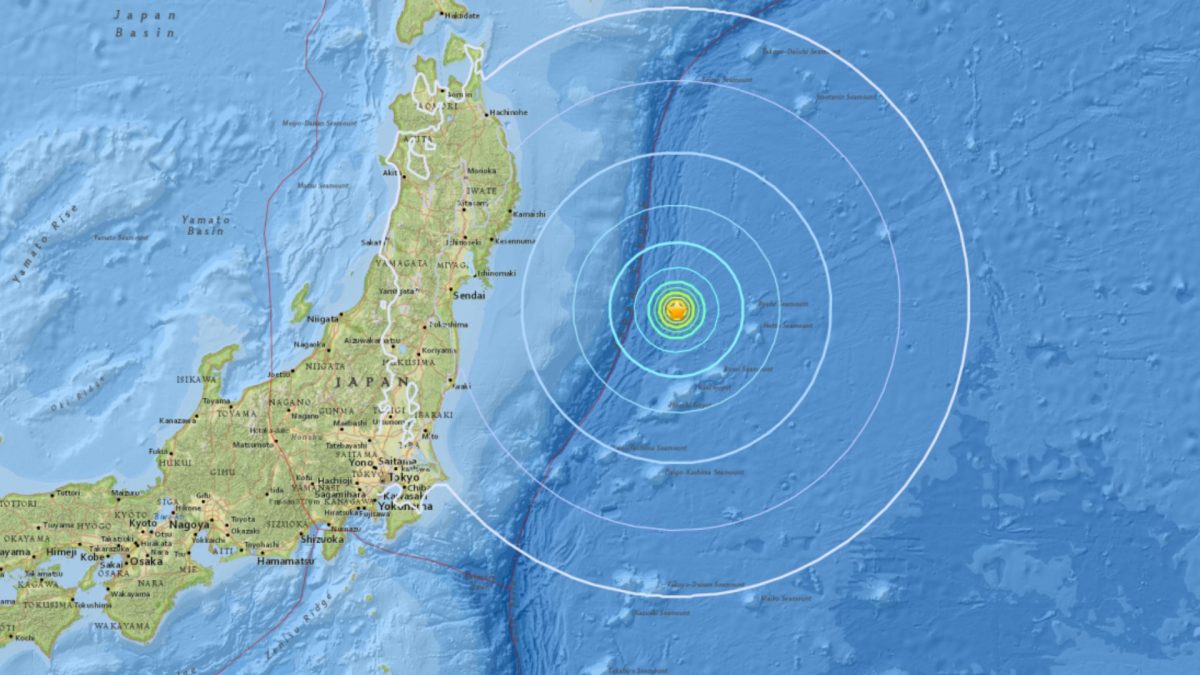)
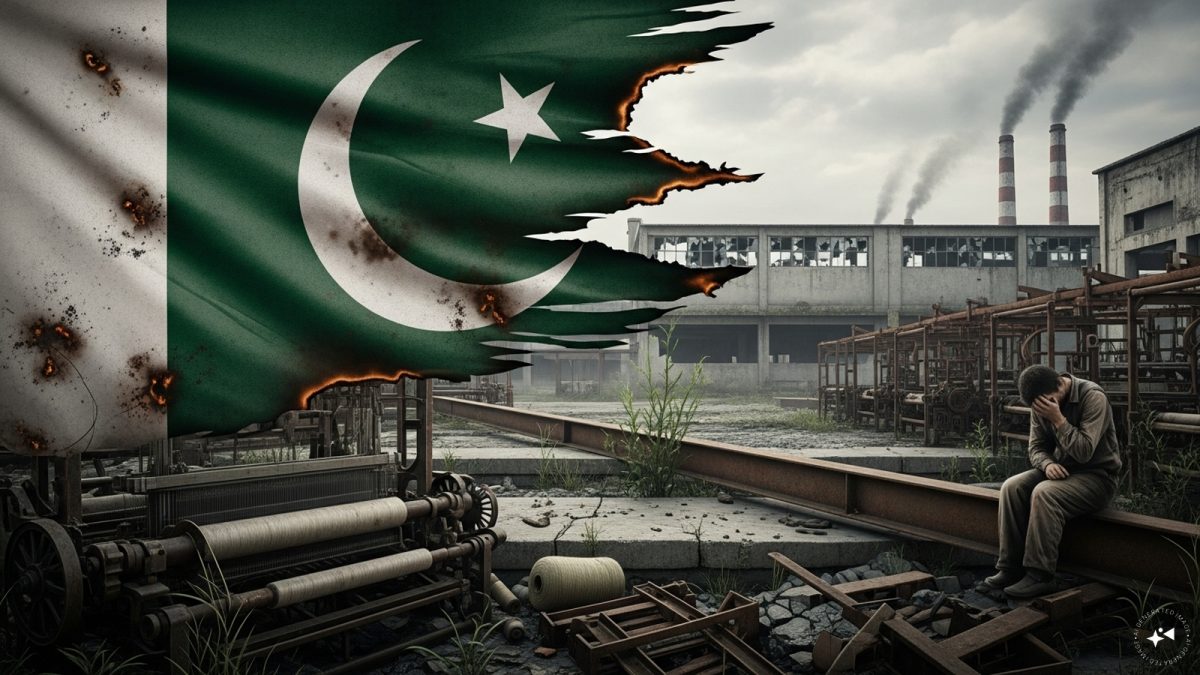)
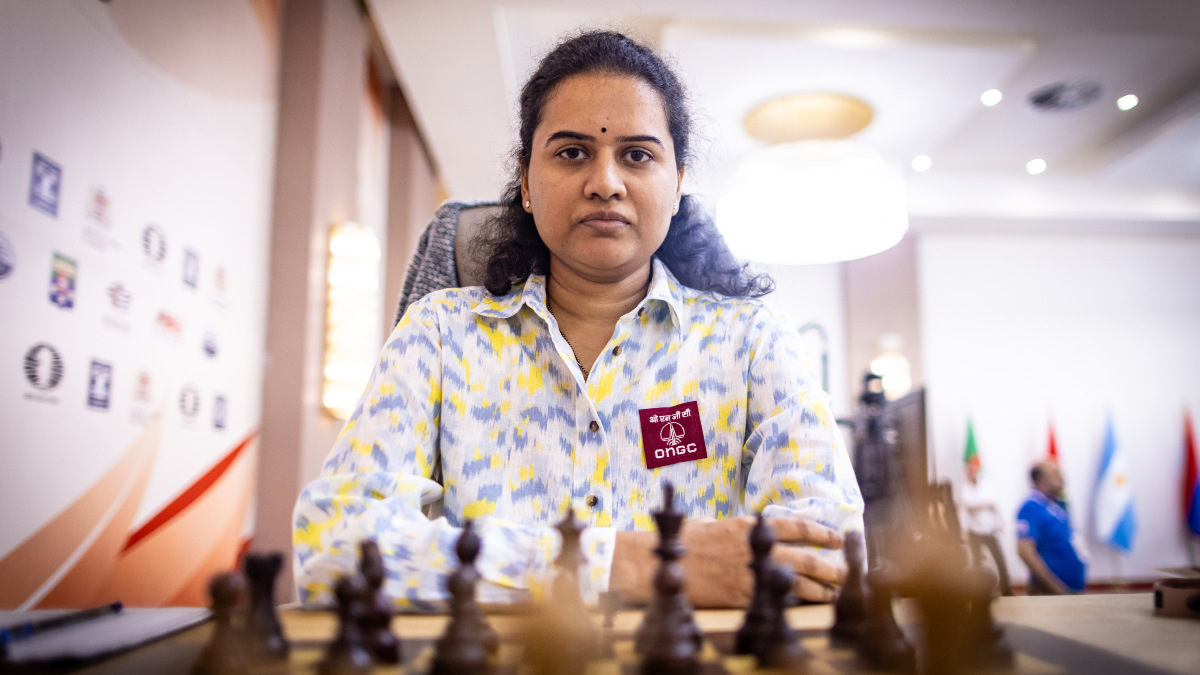)
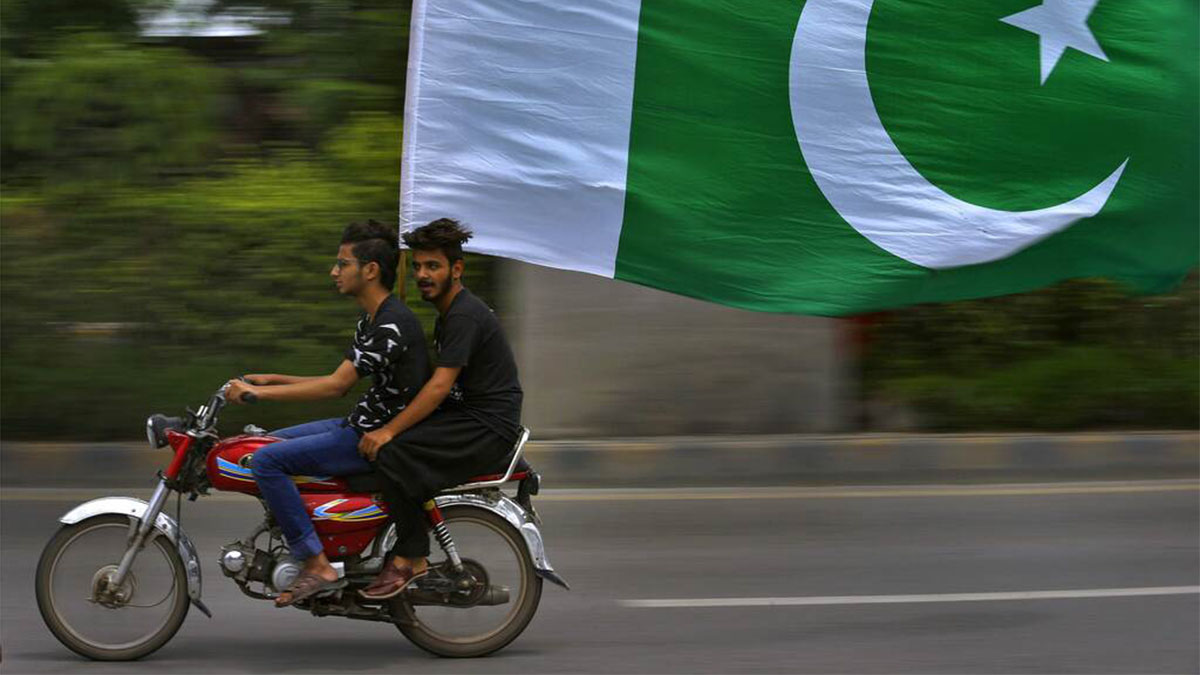)
)



